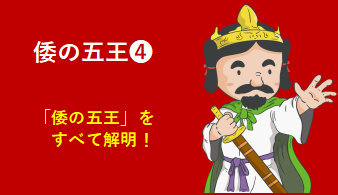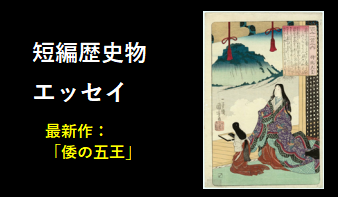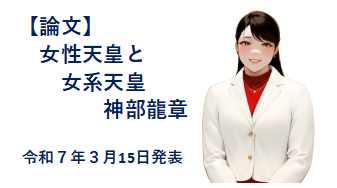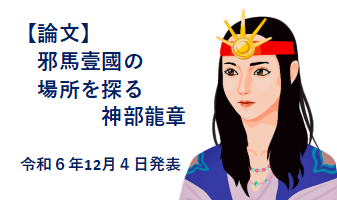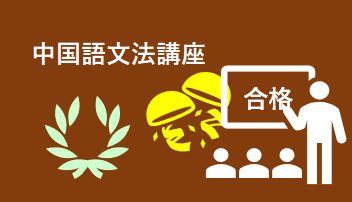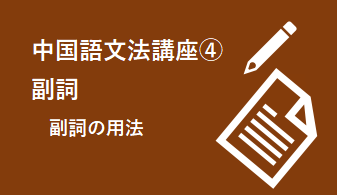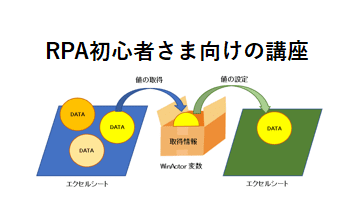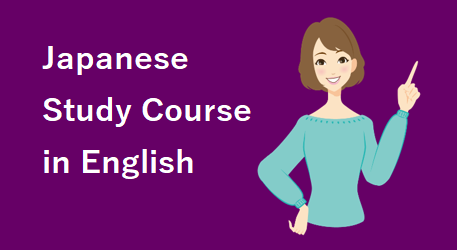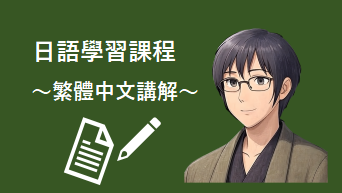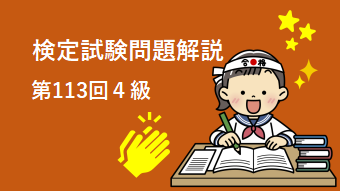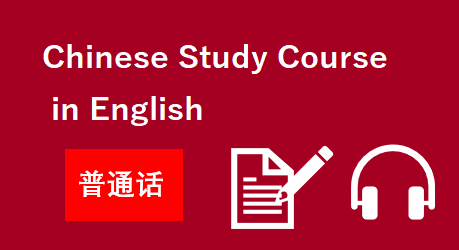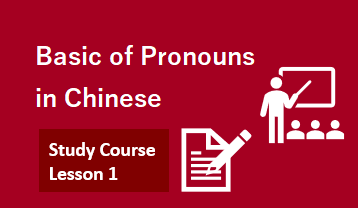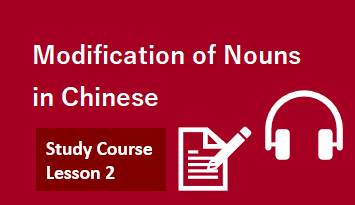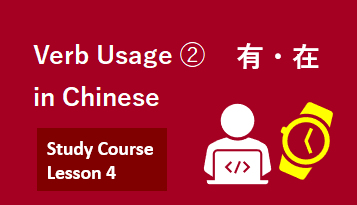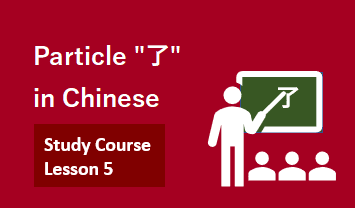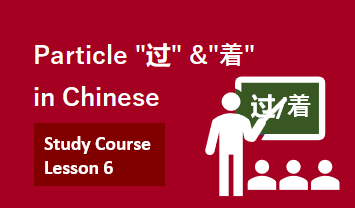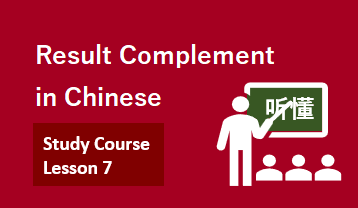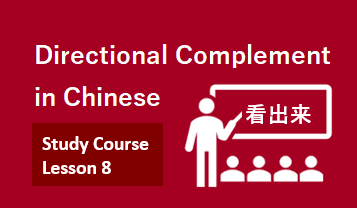Chinese Study Course [ Lesson3 ]

Hello everyone. I'm Goyan. In Lesson 3, we will study the basics of verb usage in Chinese. In addition to the basic usage of verbs, you will also study in detail how to form interrogative sentences unique to Chinese, the grammatical construction of "是~的", and separate verbs.
3-1 A 是 B.( A is B. )

"是(verb)" means "A is B" in the form of "A 是 B."
| This is all my luggage. |
| 这是我所有的行李。 |
| zhè shì wǒ suǒ yǒu de xíng lǐ 。 |
| ◆Detailed explanation 这([A] subject)+是(verb)+我所有的行李([B] object) ・我所有的行李([B] object)➡我所有(noun modifier)+的(structural particle)+行李(noun)。 |
| ◆Vocabulary note 行李:(noun) luggage |
3-2 A 不是 B.( A is not B. )

In the negative form, we use "不是" as "A 不是 B''. "不" is an adverb that indicates negation.
| This is not all my luggage. |
| 这不是我所有的行李。 |
| zhè bù shì wǒ suǒ yǒu de xíng lǐ 。 |
| ◆Detailed explanation 这([A] subject)+不(adverb/negative)+是(verb)+我所有的行李([B] object)。 |
3-3 A 是 B 吗?( Is A B ? )

If you add "吗?" to the end of an affirmative sentence, it becomes an interrogative sentence.
"吗" is a particle that indicates a question.
| Is this all your luggage? |
| 这是您所有的行李吗? |
| zhè shì nín suǒ yǒu de xíng lǐ ma ? |
| ◆Detailed explanation 这([A] subject)+是(verb)+您所有的行李([B] object)+吗(speech particle, question)? |
3-4 你喜欢 A 还是 B ?( Do you like A or B ? )

The form of "A还是B ?" is an interrogative sentence that asks "Is it A or B?"
"还是" is a conjunction that expresses "or".
By the way, in the sentence "你喜欢听音乐还是喜欢看电影?(Do you like listening to music or watching movies?)", "听音乐" and "看电影" are "verb phrases" that are the objects of the verb "喜欢".
| Do you like listening to music or watching movies? |
| 你喜欢听音乐还是喜欢看电影? |
| nǐ xǐ huān tīng yīn lè hái shì xǐ huān kàn diàn yǐng ? |
| ◆Detailed explanation 你(subjct)+喜欢(verb)+听音乐(object)+还是(conjunction)+喜欢(verb)+看电影(object)? ・听音乐(object/verb phrase)➡听(verb)+音乐(object) ・看电影(object/verb phrase)➡看(verb)+电影(object) |
| ◆Vocabulary note 喜欢:(verb) like 听 :(verb) listen 还是:(conjunction) or 看 :(verb) watch 电影:(noun) movie |
3-5 How to Make Unique Interrogative Sentences in Chinese

There are three ways to form interrogative sentences in Chinese. Let's take this opportunity to study the three expressions together.
(1) Add "吗? (speech particle, question)" at the end of a sentence
| Do you drink beer? |
| 你喝啤酒吗? |
| nǐ hē pí jiǔ ma ? |
| ◆Detailed explanation 你(subject)+喝(verb:drink)+啤酒(object)+吗(speech particle, question)? |
| ◆Vocabulary note 喝 :(verb) drink 啤酒:(noun) beer |
(2) Repeated questions

Repeated questions are questions that use the positive and negative forms of verbs/adjectives side by side.
Repeated questions do not end with "吗."
| Do you drink beer? |
| 你喝不喝啤酒? |
| nǐ hē bù hē pí jiǔ ? |
| ◆Detailed explanation 你(subject)+喝不喝(Repeated question/[verb+不+verb])+啤酒(object)? |
| Is she an international student? |
| 她是不是留学生? |
| tā shì bù shì liú xué shēng ? |
| ◆Detailed explanation 她(subject)+是不是(Repeated question/[verb+不+verb])+留学生(object)? |
| ◆Vocabulary note 留学生:(noun) international student |
(3) Modified forms of repeated questions

As an irregular form of repetitive interrogative sentence, you can put the object first as "verb (affirmative form) + object + verb (negative form)".
| Do you drink beer? |
| 你喝啤酒不喝? |
| nǐ hē pí jiǔ bù hē ? |
| ◆Detailed explanation 你(subject)+喝(verb (affirmative form))+啤酒(object)+不喝(adverb+verb/verb (negative form))? |
3-6 是~的 Grammatical construction

In Chinese, the "是~的" construction is important. This construction is used when you want to emphasize the words (time, place, method, etc.) included in "是~的". "的" is a "structural particle" like adnominal modifiers, so it has no meaning of its own.
| I am from Beijing. |
| 我是从北京来的。 |
| wǒ shì cóng běi jīng lái de 。 |
| ◆Detailed explanation 我(subject)+是(verb)+从北京来(Content to emphasize)+的(structural particle)。 ・从北京来(Content to emphasize/verb phrase)➡从北京(prepositional phrase)+来(verb) |
| ◆Vocabulary note 从:(preposition) from 来:(verb) come |
| I am not from Beijing. |
| 我不是从北京来的。 |
| wǒ bù shì cóng běi jīng lái de 。 |
| ◆Detailed explanation 我(subject)+不(adverb/negative)+是(verb)+从北京来(Content to emphasize)+的(structural particle)。 |
| Are you here for work? Or to travel? To travel. |
| 您是来工作的? 还是来旅游的? 来旅游的。 |
| nín shì lái gōng zuò de ? hái shì lái lǚ yóu de ? lái lǚ yóu de 。 |
| ◆Detailed explanation 您(subject)+是(verb)+来工作(Content to emphasize)+的(structural particle)? 还是(接続詞)+来旅游(Content to emphasize)+的(structural particle)? 来旅游(Content to emphasize)+的(structural particle)。 ※The last part, "来旅游的。", omits "是" and only mentions where the emphasis is placed. |
3-7 Separating verb

A "separable verb" is a two-syllable verb that combines the verb and the object into one and separates.
Separable verbs, such as "打工 have a part-time job", which combine an action and its object, are separated into two when indicating the degree of quantity, etc. It takes the form of "separating verb (before) 打+ quantity + separating verb (after)工".
In cases like "你昨天有打工吗?(Did you have a part-time job yesterday?)" where the quantity does not appear, the separate verb is used as it is without separating.
| How many hours did you work yesterday? |
| 你昨天打了几个小时工? |
| nǐ zuó tiān dǎ le jǐ gè xiǎo shí gōng ? |
| ◆語順の説明 你(subject)+昨天(adverb/time)+打(separating verb (before))+了(aspect particle)+几个小时(quantity)+工(separating verb (after))? ※We will learn about aspect particles in the next lesson. |
| ◆Vocabulary note 昨天:(adverb) yesterday 打工:(verb) have a part-time job 几 :(pronoun) how many (numbers less than 10) 个 :(quantifier) A quantifier that counts the number of times and things ※There are a wide variety of quantifiers in Chinese, so please memorize them each time. 小时:(noun) hour |

The basics of verb usage are one of the important points of Chinese grammar. Especially this time, I explained unique verb usage in Chinese in detail. In the next section we will also study Chinese verb usage in detail. See you next time!



